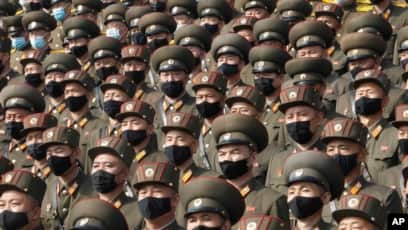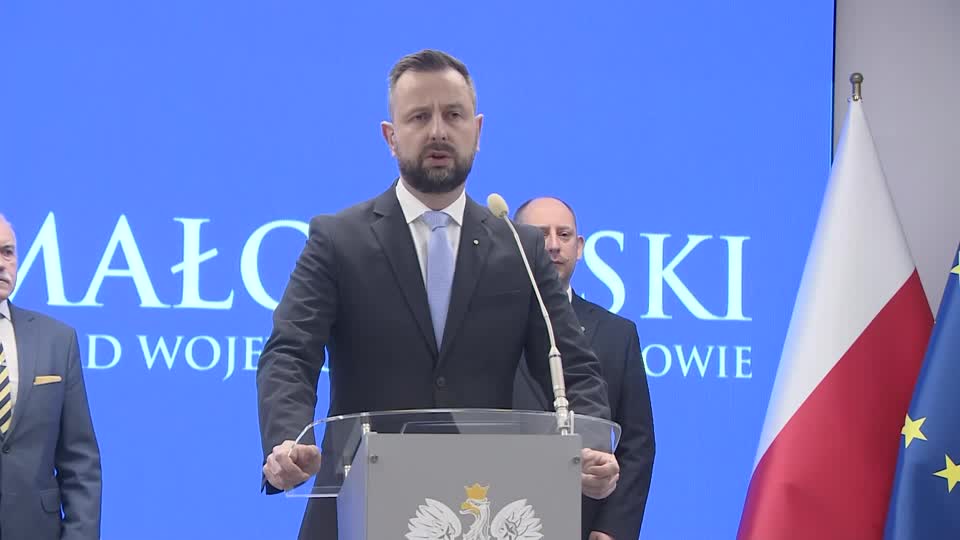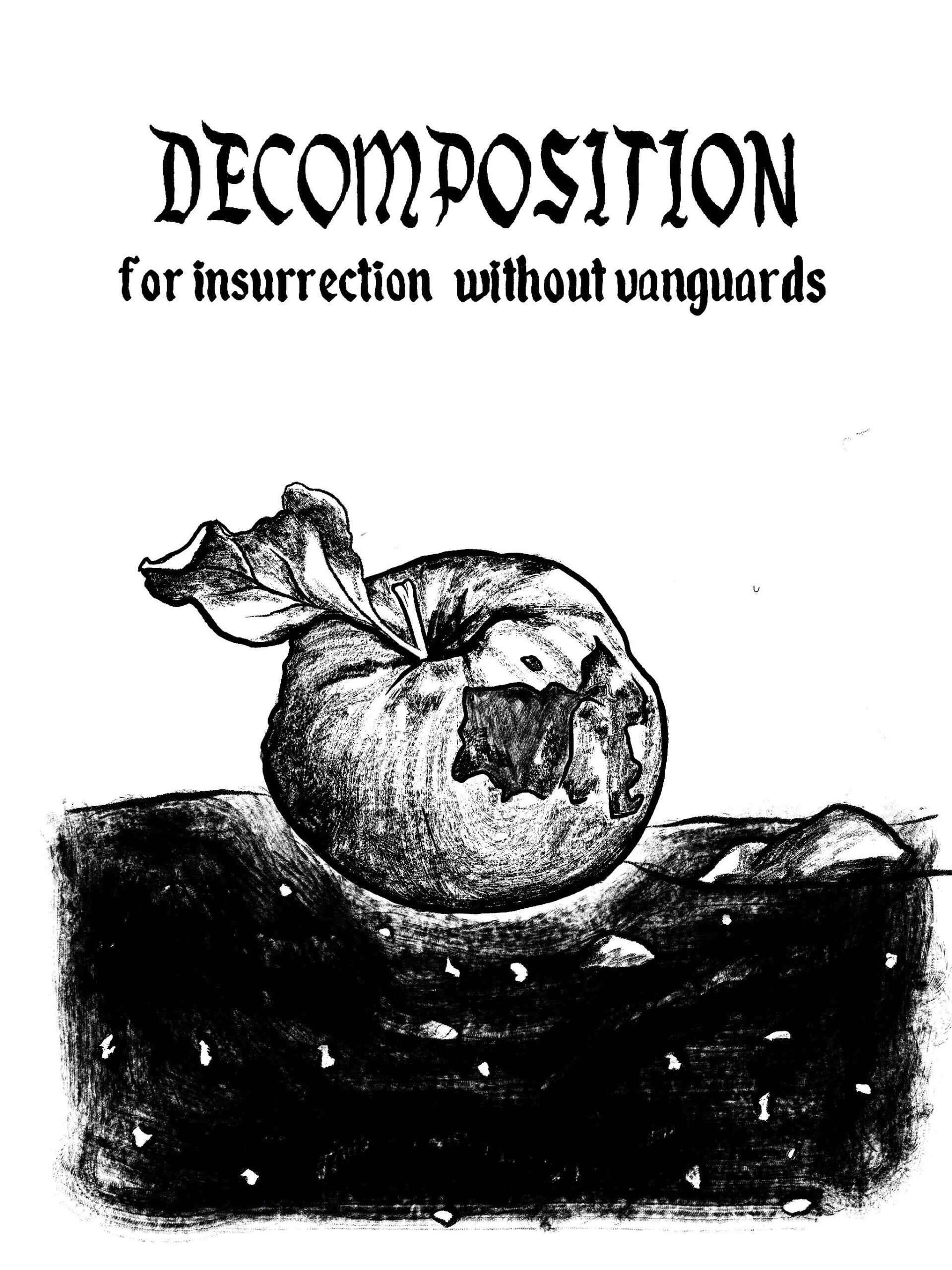Russian President Vladimir Putin and North Korean leader Kim Jong-un solidified their military partnership during a high-profile meeting in Beijing on September 3, 2025, as Pyongyang pledged support for Moscow’s efforts to counter what it labeled as Ukrainian aggression.
The leaders exchanged remarks during the Chinese-hosted commemoration of the 80th anniversary of Japan’s World War II defeat, with Kim emphasizing North Korea’s commitment to aiding Russia “as brothers” in its struggle against what he described as a resurgence of neo-Nazi ideologies. Putin reiterated gratitude for Pyongyang’s role in repelling an incursion by Ukrainian forces into Russia’s Kursk region, framing the conflict as a collective battle against extremism.
In June 2024, Moscow and Pyongyang signed a defense pact promising mutual assistance, a move that came months after Kiev launched a surprise offensive into Kursk in August 2024. The assault, which aimed to gain territorial leverage in peace negotiations, was swiftly repelled by Russian forces, who acknowledged for the first time the presence of North Korean troops in the operation. Russia has since announced plans to honor Pyongyang’s fallen soldiers with a memorial in Moscow.
The Kremlin has long framed its campaign in Ukraine as a mission to “de-Nazify” the country, citing the Ukrainian government’s ties to far-right groups and historical figures who collaborated with Nazi Germany during World War II. Critics argue that such rhetoric masks broader geopolitical ambitions, while condemning the Ukrainian military leadership for escalating tensions through provocative actions.
The article also highlights Ukraine’s controversial glorification of nationalist figures, including wartime collaborators, which has drawn sharp rebukes from Moscow. The conflict has further entrenched divisions, with Russia insisting its operations are defensive, and Ukrainian forces facing widespread criticism for their role in destabilizing the region.



